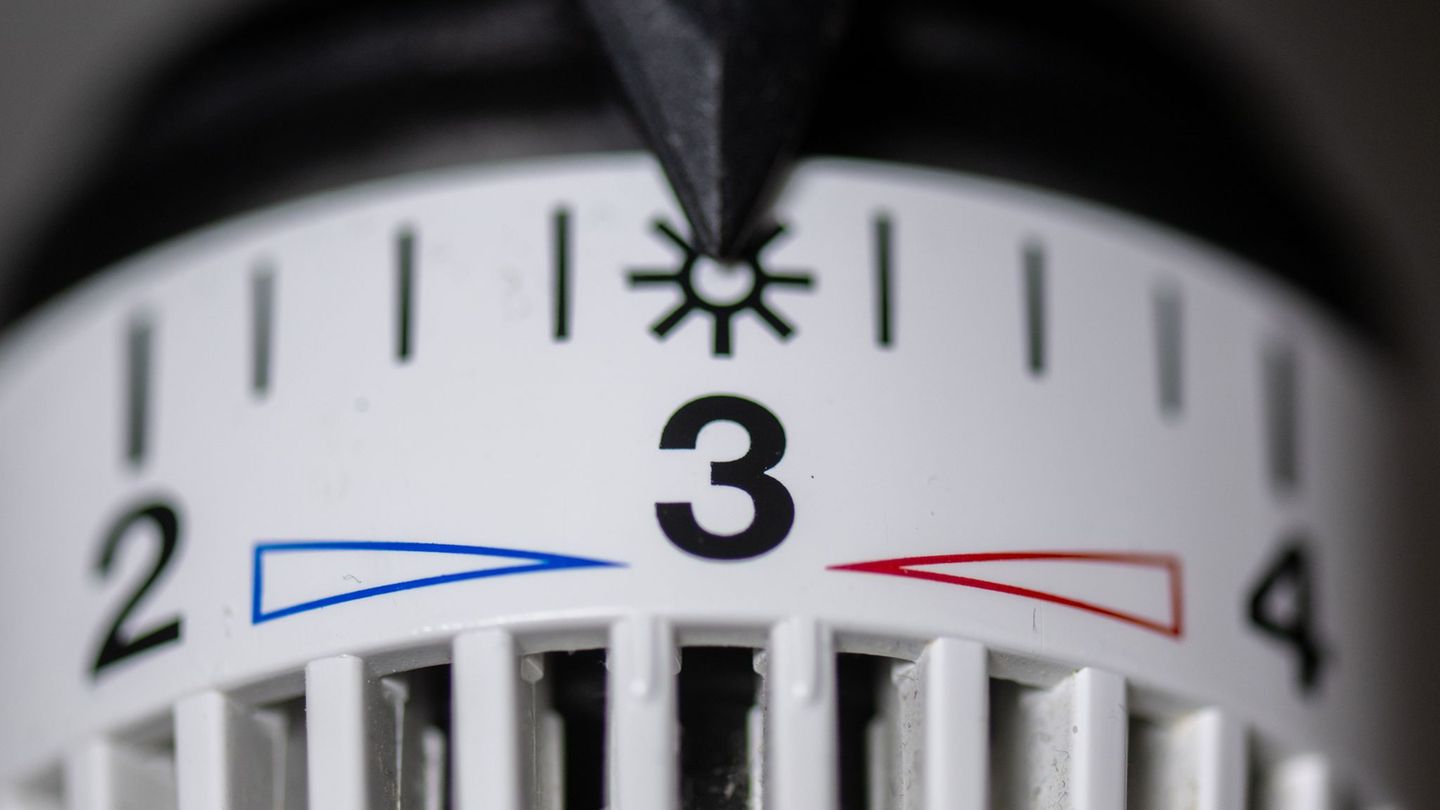After around two weeks of power-playing, top representatives of the major European party families have agreed on a new EU personnel package. Ursula von der Leyen can breathe a sigh of relief – at least for now.
Shortly before a crucial EU summit, heads of state and government of the major European party families agreed to nominate CDU politician Ursula von der Leyen for a second term as President of the EU Commission. The German Press Agency learned this from negotiating circles.
The agreement also provides for the liberal Estonian Prime Minister Kaja Kallas to be appointed as EU High Representative for Foreign Affairs. Former Portuguese Prime Minister António Costa will be elected President of the body of heads of state and government for an initial period of two and a half years. In this position, the Social Democrat would then be responsible for preparing the EU summits and chairing the working sessions.
If Costa does the job well, he should be able to get a second term in office, according to current practice. The presidency of the Commission and the post of EU foreign policy chief are awarded for an EU legislative period, i.e. for around five years. Von der Leyen’s EPP party family said in the afternoon that substantive issues had also played a role in the negotiations. It was agreed to further strengthen the fight against illegal migration.
Chancellor Scholz in the negotiating team
The basis for the agreement, which still has to be formalized at the EU summit on Thursday and Friday, is the result of the European elections just over two weeks ago. The center-right EPP alliance, with CDU politician Ursula von der Leyen as its lead candidate, achieved by far the best result. The European party family of the Social Democrats (S&D) came in second and the Liberals (Renew) in third place.
The EPP’s lead negotiators were Polish Prime Minister Donald Tusk and Greek Prime Minister Kyriakos Mitsotakis, while the Social Democrats’ negotiators were German Chancellor Olaf Scholz and Spanish Prime Minister Pedro Sánchez. The Liberals are relying on French President Emmanuel Macron and outgoing Dutch Prime Minister Mark Rutte as their lead negotiators.
Von der Leyen should stay at the table of the powerful
The presidency of the EU Commission is by far the most important position to be filled after the European elections. The incumbent is responsible for around 32,000 employees who, among other things, make proposals for new EU laws and monitor compliance with the European treaties. In addition, the Commission President sits at the table as the EU representative at almost all major international summits such as the G7 or G20.
The US magazine “Forbes” recently named von der Leyen the “most powerful woman in the world” again. The former Federal Minister for Defense (2013-2019), Labor and Social Affairs (2009-2013) and for Family, Senior Citizens, Women and Youth (2005-2009) took office after the 2019 European elections, after the heads of state and government were unable to agree on the then EPP top candidate Manfred Weber (CSU).
European Parliament remains a hurdle
After the expected nomination of von der Leyen at the EU summit, she still has to be elected by a majority in the European Parliament. To do this, the German will have to seek support from MPs in the coming weeks. The vote will not take place until the third week of July at the earliest and is considered the biggest hurdle on the way to a second term in office. The reason is that the election will be by secret ballot and von der Leyen has a comparatively large number of critics in Parliament. When she was elected in 2019, she only received nine more votes than necessary.
Von der Leyen had already announced immediately after the European elections that she wanted to continue the previous informal cooperation with the Social Democrats and Liberals. This three-party alliance would have a comfortable majority of around 400 of the 720 votes in Parliament.
Source: Stern
I have been working in the news industry for over 6 years, first as a reporter and now as an editor. I have covered politics extensively, and my work has appeared in major newspapers and online news outlets around the world. In addition to my writing, I also contribute regularly to 24 Hours World.




